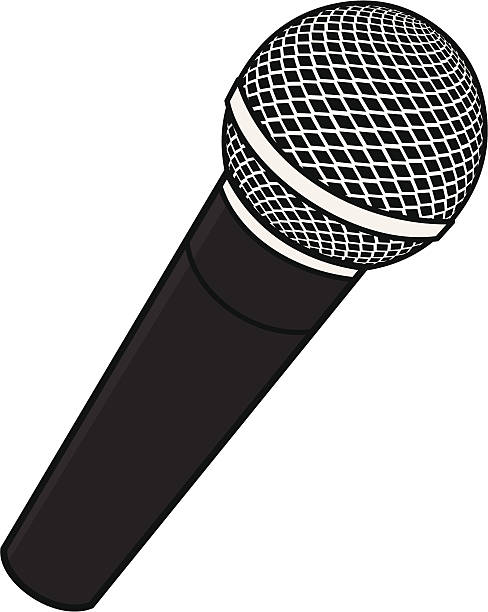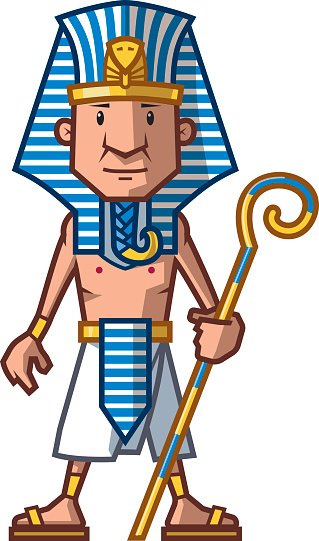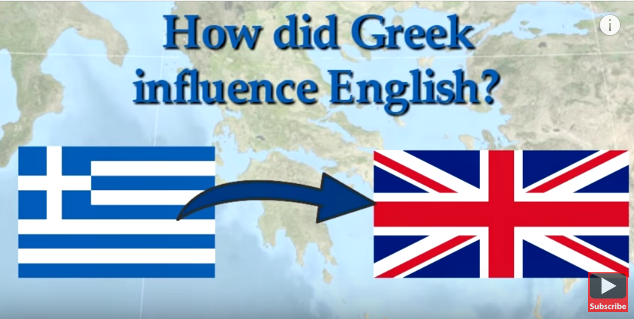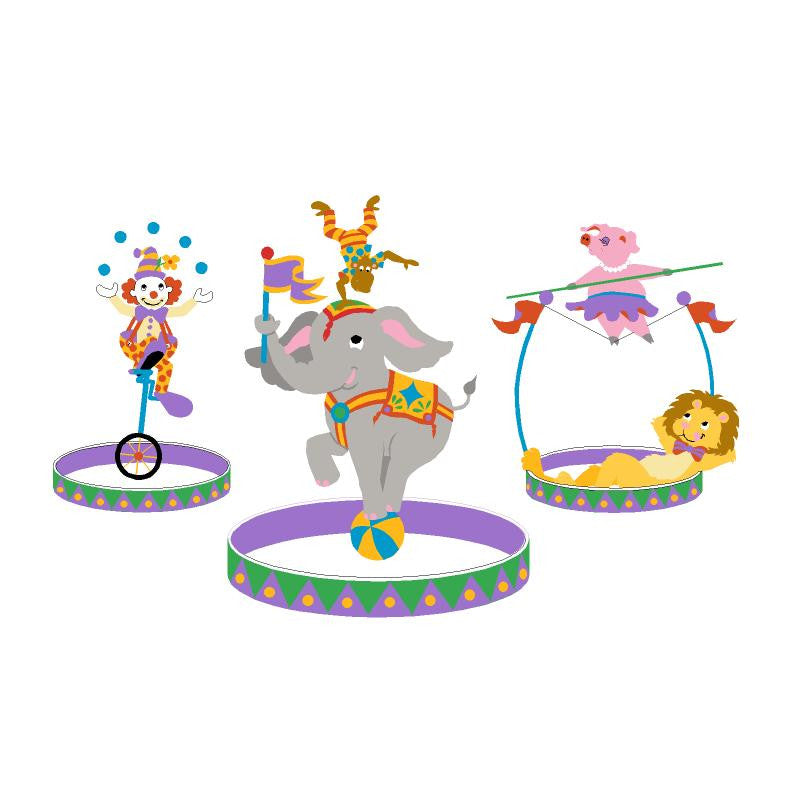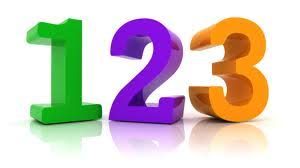Hello there,
We're at the very end of September and I just didn't have time to celebrate the European Day of Languages with you, as I did two years ago. In case you didn't know, the European Day of Languages took place on September, 26th. Last year I wrote an entry on the advantages of speaking English. Today I'm bringing you a very interesting reading exercise stating the importance of learning foreign languages. Do the exercise and, as usual, you can the answers down below.
 |
| From : https://www.pinterest.es/pin/373798837804734409/ |
B) No languages, no
job
C) Languages will
improve your physical strength
D) Live a better
and longer life thanks to languages
E) Make your life more interesting !
F) Speaking a
language means becoming independent
G) Languages may
improve your working conditions
H) Travelling is
easier !
I) Less effort with
the next language
J) You’ll feel
lonely
Why learn languages ?
0. __A__
Learning a
foreign language implies getting to know other cultures. As the Canadian singer
Buffy Sainte-Marie once expressed : "language and culture
cannot be separated." The language reflects the culture of the country and,
in the same way, the culture of the country is reflected in the language.
1. _________________________________________________________
Learning
languages makes your brain more flexible. It has been proved that people who
learn more languages live longer than people who can't speak foreign languages
! Charlemagne once predicted this by saying : "to possess a
second language is to possess a second soul." Poetic, isn't it ?
2. _________________________________________________________
Languages play an important role in today's
job market. Speaking several languages will certainly make a difference in your
résumé, especially in big busy cities with a lot of tourists from different
countries ! So, if you want to get that promotion you were looking for, or
simply... get a job, you may wanna think about learning a foreign language. Otherwise, you may get a job,... but getting it will be a difficult and slow process.
3.
_________________________________________________________
The more
languages one speaks, the more countries one can visit and, what is more
important, understand everything. Plus, if you don't want to sound like outsiders
in the country you visit and enjoy your trip and understand everything,
speaking languages will help you !
4.
___________________________________________________________
By learning a
language you can travel overseas, study abroad, get to know native friends and
become more open-minded. No need for mummy and daddy, it’s just you out in the
world doing things by yourself.
5. _________________________________________________________
By becoming a
speaker of different languages, you see the world in another way. You can
understand things more easily, boost your self-confidence and ease your
decision-making process. In addition, people will surely be impressed by your
skills. Before learning a language, your life was boring !
6.
_________________________________________________________
Learning a language
is not the end of the road. Once you’ve learnt a foreign language, it will be
easier for you to learn another one. By learning two languages, it is much
easier to learn a third one and so on.
As promised, here you have your answers. I encourage you to learn foreign languages! Go to a nearby school and get started!
Answers :
TEXT
|
TITLE
|
1
|
D
|
2
|
G
|
3
|
H
|
4
|
F
|
5
|
E
|
6
|
I
|

